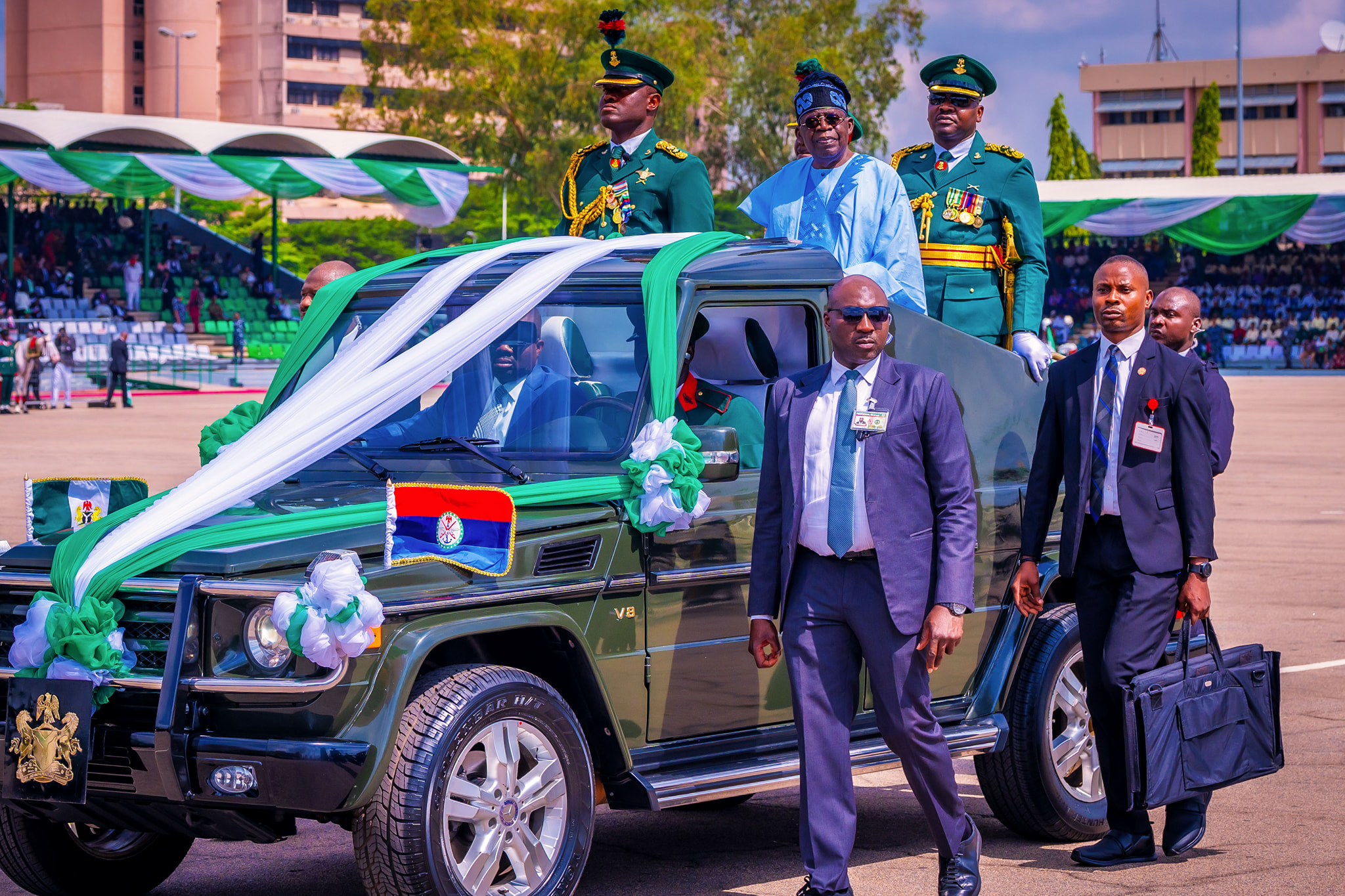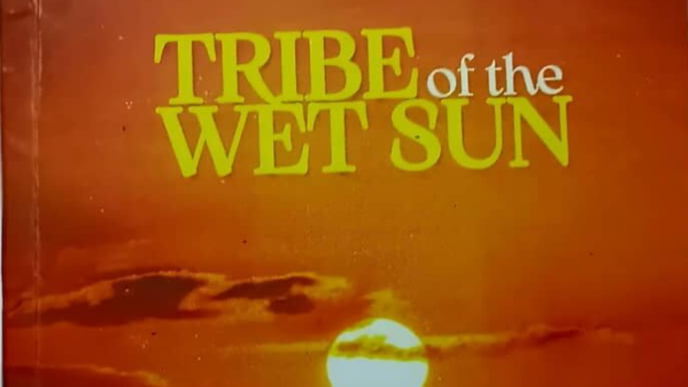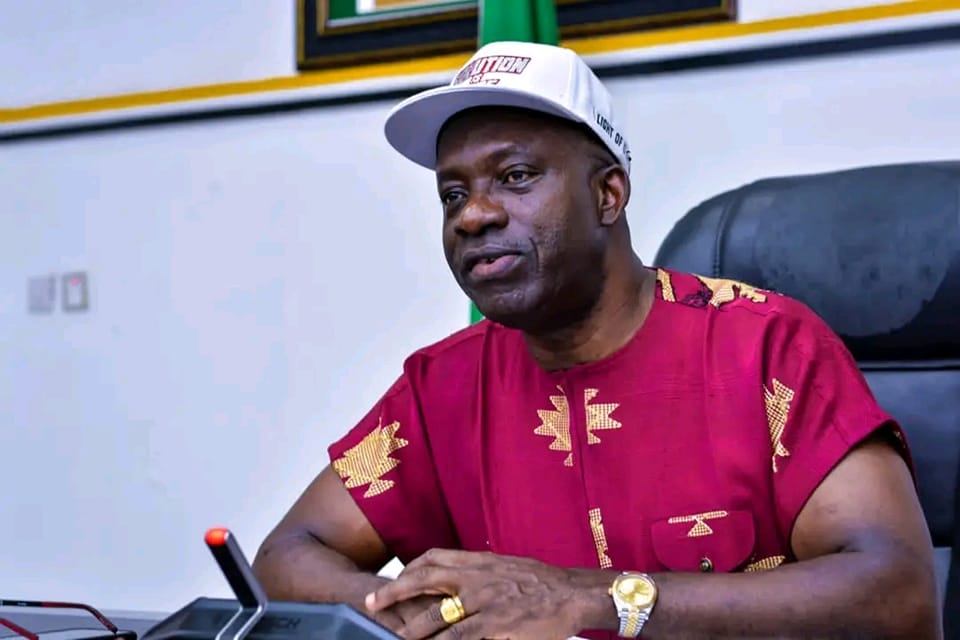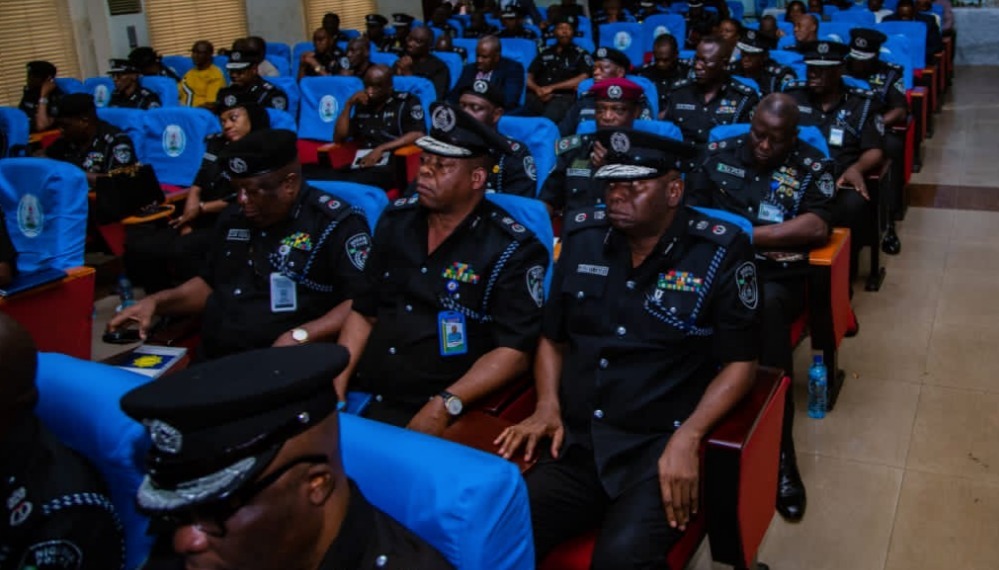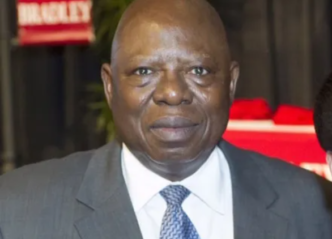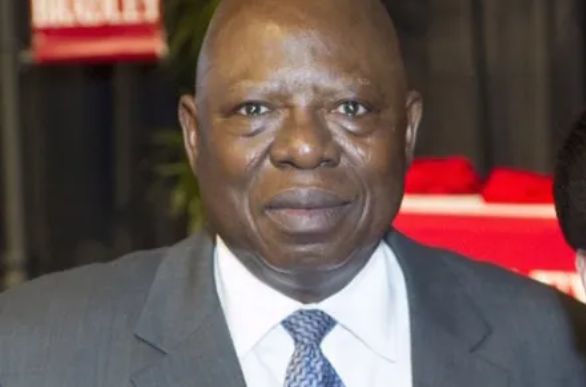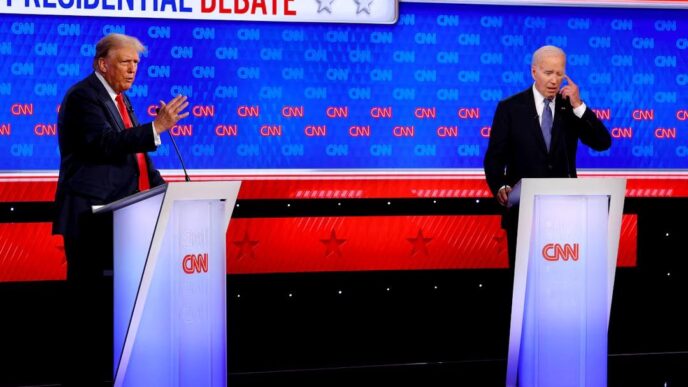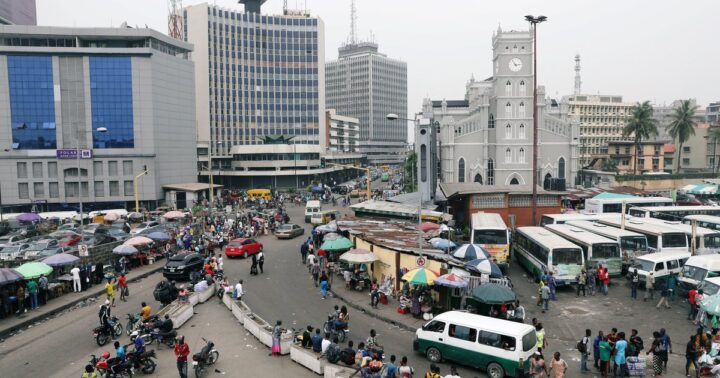Read the first part here.
Although President Tinubu’s economic policies, as unbearably harsh as they have been, may not by themselves give rise to the sort of popular protests we have seen in Kenya for the reasons I have earlier stated. But going by our historical experience in Nigeria the events that could likely lead to the truncation of our democracy will probably arise from the actions and policies of the Tinubu administration.
Although he has authored the most far-reaching economic policies so far in the country, President Tinubu’s overarching political gambit is his overwhelming desire to embark on a programme of political restructuring of Nigeria. It is an idea he has been nurturing long before he became president and at this opportune time that he has ascended to the presidency of the country he considers it the right time to implement the idea.
Although the restructuring of the country is an idea that can no longer be prevented and indeed has now come to be accepted by a majority of Nigerians, we must strive to make a distinction between the restructuring sought by the majority of Nigerians and the one sought by President Tinubu’s administration.
Advertisement
The restructuring sought by Nigerians is the one that seeks socio-economic and political justice for all Nigerians regardless of ethnicity, faith and background. Nigerians do not want economic and political power concentrated in the hands of political and economic oligarchs from all parts of the country who have been lording it over a majority of Nigerians especially now that President Tinubu’s economic policies have exacerbated the already wide gap between the two.
President Tinubu’s idea of political restructuring is aimed at creating a lopsided political structure in the country that will complement the already lopsided economic structure which will see him in control of both the economic and political levers of the country. As he has done with his economic reforms which were based on popular demand but which he opportunistically used to implement to his advantage, President Tinubu intends to latch onto the ongoing demands for restructuring of the country to implement a political structure for the country that will give him unchallenged economic and political powers.
At the moment we are at the initial stage of this political endeavour but its trajectory is discernible and as the economic reforms have been introduced rather surreptitiously so also is the projected political restructuring of the Tinubu administration.
Advertisement
President Tinubu is well aware that the political restructuring he intends to embark on is delicately sensitive and fraught with foreseen and unforeseen dangers. He must know that implementing it during his first term may well result in political turmoil which may likely affect the 2027 elections. He is thus targeting the implantation to happen during his second term and for this, the imperative is to plan to win the 2027 elections.
But as it is not certain that President Tinubu can win the 2027 elections given the harsh economic policies he has foisted on Nigerians, the president seems to have embarked on some desperate acts of political engineering which will give him some level of political advantage in the political firmament.
First, President Tinubu succeeded where General Sani Abacha could not control the major political parties in the country. Apart from his ruling All Progressive Congress (APC), President Tinubu has controlling interest in the opposition parties; the main opposition People’s Democratic Party (PDP), the Labour Party (LP) and the Social Democratic Party (SDP). By this, we now have a situation where in addition to the APC the other political parties have a dotted reporting line to the president.
The second is to identify and neutralise individuals in the political firmament who are likely to prove a stumbling block to his political trajectory to 2027. Thus Nasir El-Rufai a potential political opponent appear to have run into a potential political banana peel with his successor Uba Sani in Kaduna; Rabiu Musa Kwankwaso has his hands tied with the Emirship tussle in Kano; Atiku Abubakar in addition to the obstructive presence of FCT Minister Nyesom Wike in PDP has of late the emergent Gongola Forum to cope with. For Peter Obi, the prospect of the release of Indigenous Peoples of Biafra (IPOB) Nnamdi Kanu is seen by many as a move to be a counterweight to the political standing of Obi.
But will this political manoeuvring guarantee President Tinubu a smooth ride and triumph at the 2027 polls which is the target of all these moves? I have my doubts and so do many Nigerians.
Advertisement
The Kano Emirship issue and the political debacle in Rivers state between incumbent Governor Sim Fubara and former Governor Nyesom Wike whom President Tinubu appear to be supporting may both blow up even before the 2027 elections with consequences to the entire nation considering that these two states are of pivotal political, electoral and economic importance to the nation. President Tinubu might have his hands forced in the likely event of things looking to get out of control leading to his carefully laid plans and expectations of political harvest in these two states falling to pieces.
And who says the aforementioned political figures would not have their aces too in the political game? Indeed making political foes out of El-Rufai, Atiku, Kwankwaso and Obi as President Tinubu seems to be trying to do now is desperate and dangerous. Driving them into a corner where they might be forced to join forces and fight back may prove too much for President Tinubu and the country despite the president’s control of power.
Twice in this country, we have seen incumbent presidents thwarted in their political manoeuvrings; President Obasanjo’s third term attempt and President Goodluck Jonathan’s re-election in 2015 which ironically President Tinubu played a prominent part. And with Nigerians now pining under President Tinubu’s harsh economic policies, the president might likely find himself flowing against the political tide in the run-up to the 2027 elections, during and or after the elections.
(Concluded).
Advertisement
Gadu can be reached via [email protected] or 08035355706 (texts only).
Advertisement
Views expressed by contributors are strictly personal and not of TheCable.
Add a comment

